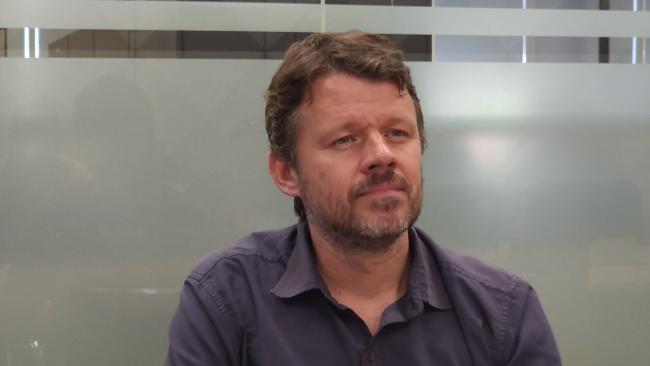
World Bank warns of losing skilled workers if Labour Mobility Scheme not carefully managed
By Sharon Nanau
The World Bank warns the country of possible brain drain issues in the future if the Labour Mobility Scheme (LMS) is not carefully managed.
These issues could arise due to poor quality of life and shortage of job opportunities that could force skilled workers to seek better job opportunities elsewhere outside of the country.
World Bank’s Country Economist for Solomon Islands, Lodewijk Smets said if the LMS expands, the country could lose many of its skilled workers.
“Once the labor mobility scheme grows big, we may see skills leaving the country that are needed here, look at Vanuatu where a lot of people in the tourism industry have left and they’re not able to replace them so there is a danger of brain drain that needs to be tackled head on,” Mr Smets said.
Mr Smets explained the country’s labor market is reportedly slack as the number of interested workers in the work ready pool is higher than employers’ demand.
However, the country can still work on addressing brain drain related issues.
“There is access to labor in the country. People in informal agriculture not being productive also here in Honiara they may be more productive overseas but if the LMS grows big we may see pressures in the market which may lead to brain drain.”

World Bank Country Economist for Solomon Islands, Lodewijk Smets
Despite concerns over brain drain issues the scheme’s impacts on the economy and people’s lives is visible.
In 2023 the Ministry of Foreign Affairs and External Trade confirmed more than SBD 200 million dollars remittance generated into the country from the LMS which enabled families to improve their living standards.
“What is clear and can be seen is people going overseas under the program send back remittances, sometimes even double what they could earn here so it’s clearly having economic benefits and those remittances are used to pay for school fees, set up little canteens start businesses so not only is remittances coming in, but it is also used productively,” he said.
Meanwhile the ministry is now revising the LMS policy to ensure the country’s workforce is not affected following the high number of public servants applying for the LMS.
Director of the Labour Mobility Unit Christina Marau said the revised policy will look at ensuring that future recruitments do not affect the country’s workforce.
“Finding that balance for labour mobility is very important, in the long run we see many will want to resign and apply for the program and we don’t want that to happen as the local economy could be impacted in the future. Controlling the recruitment process will allow us to ensure the right and genuine people are sent overseas and not people that are of importance to the economy,” Mrs Marau said.
Around 6,800 Solomon Islanders are now working in Australia under the Pacific Australia Labour Mobility scheme at the end of 2023.
ENDS///
